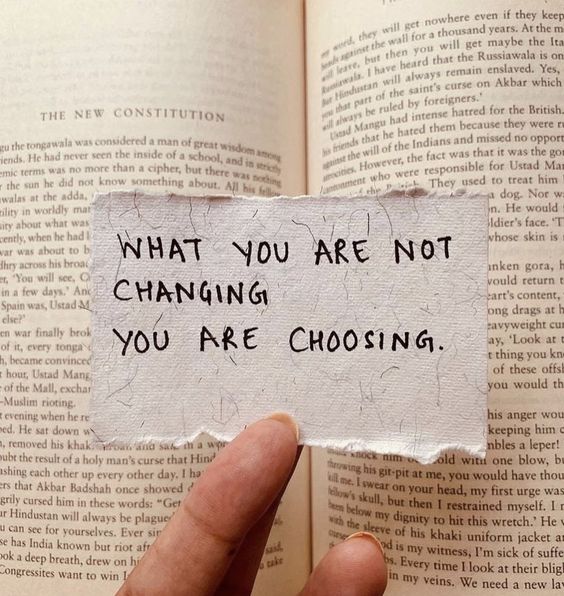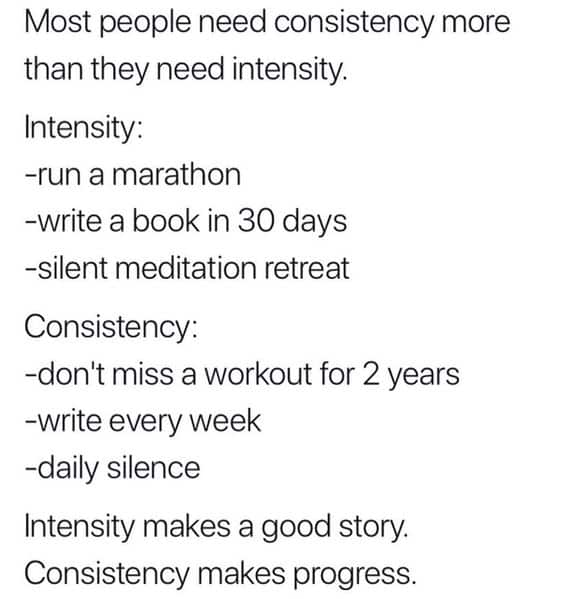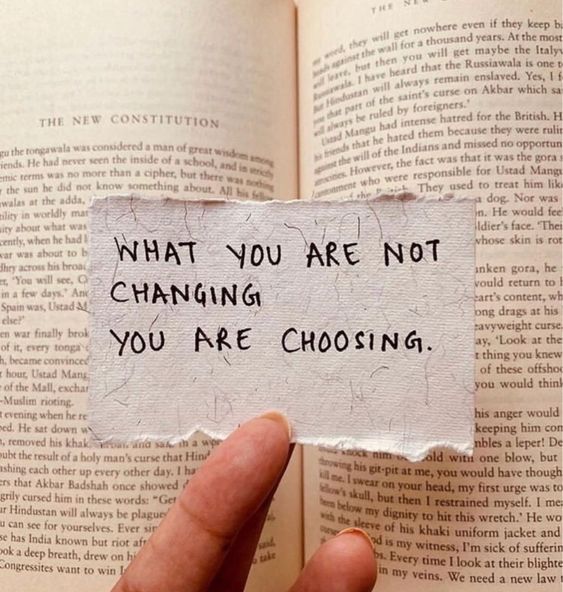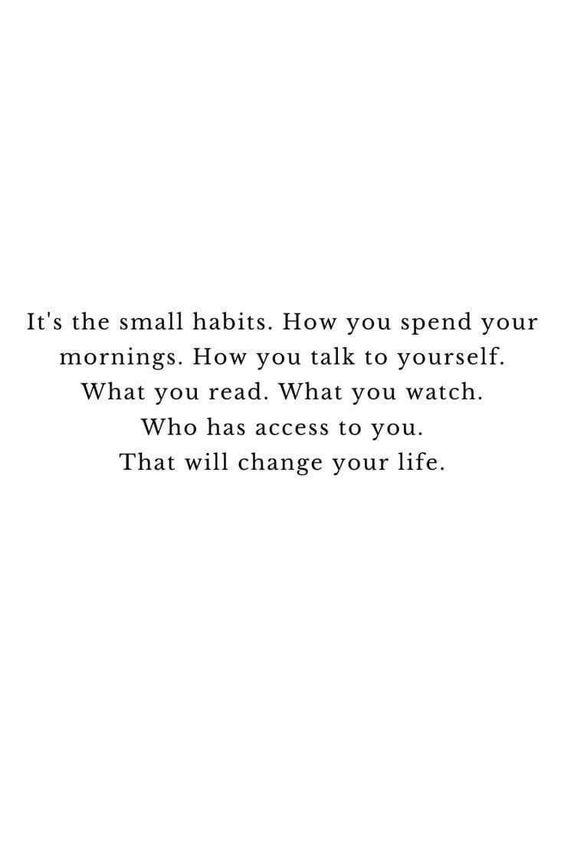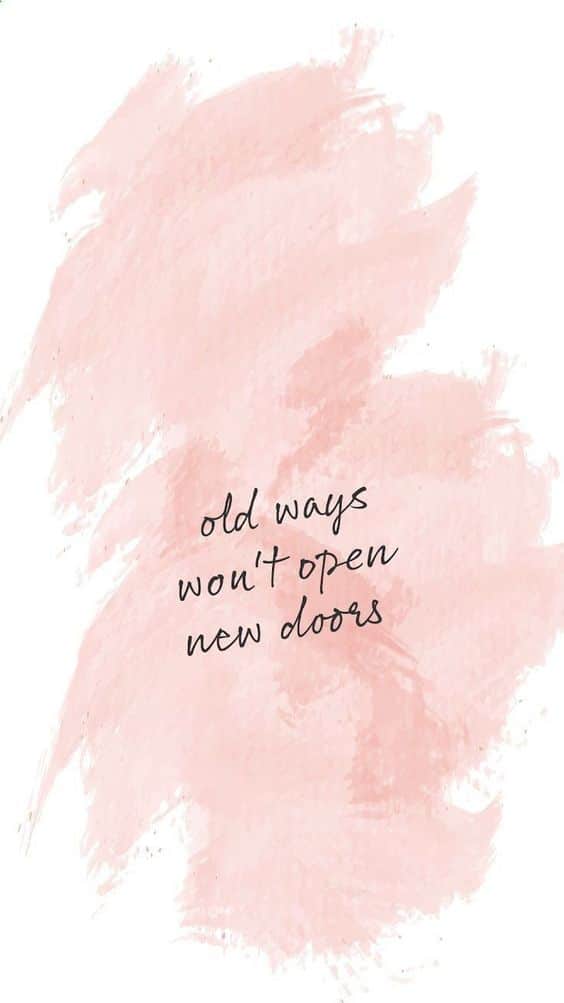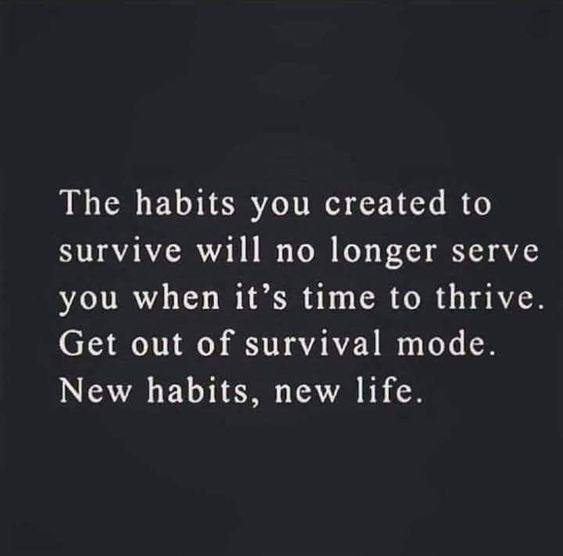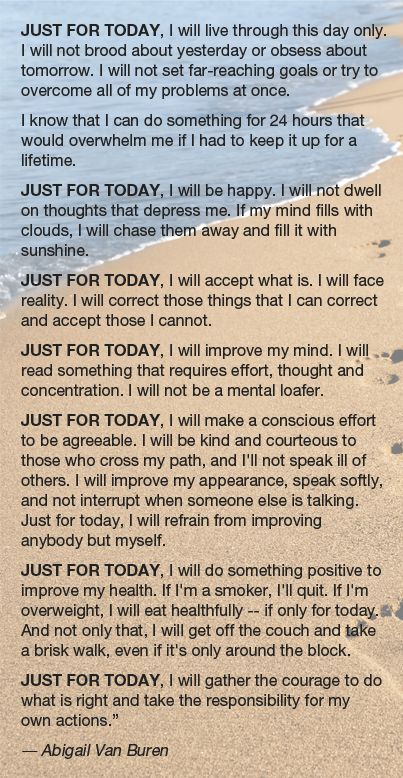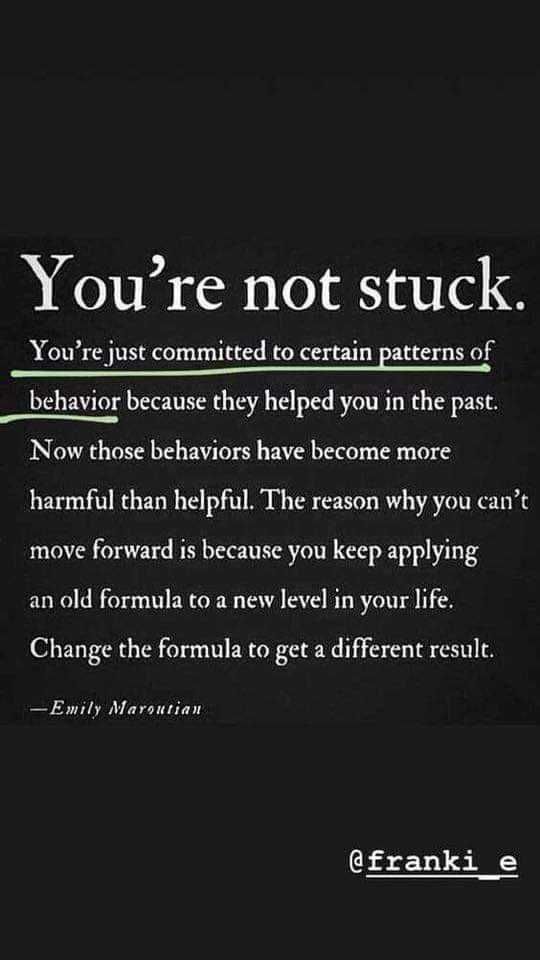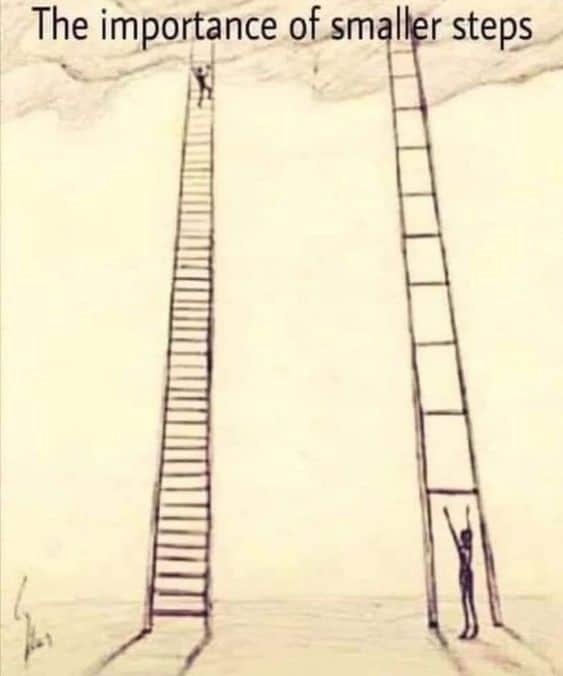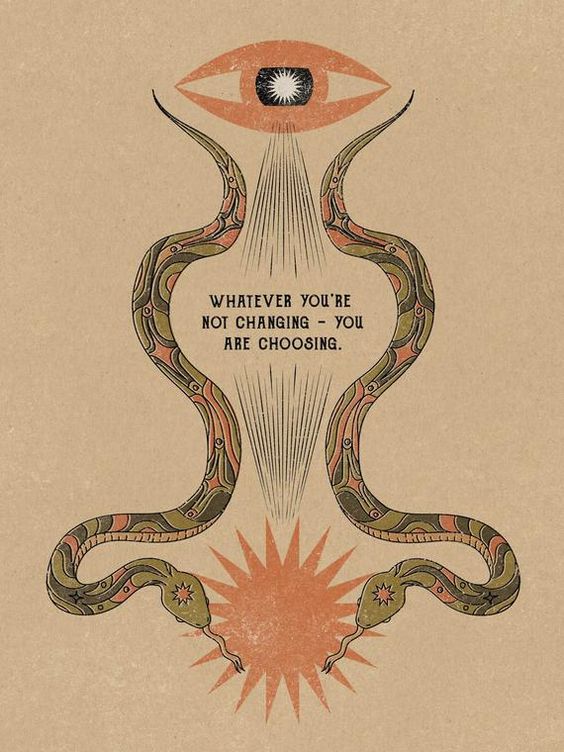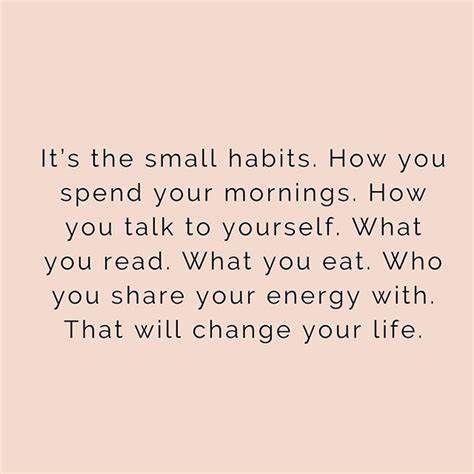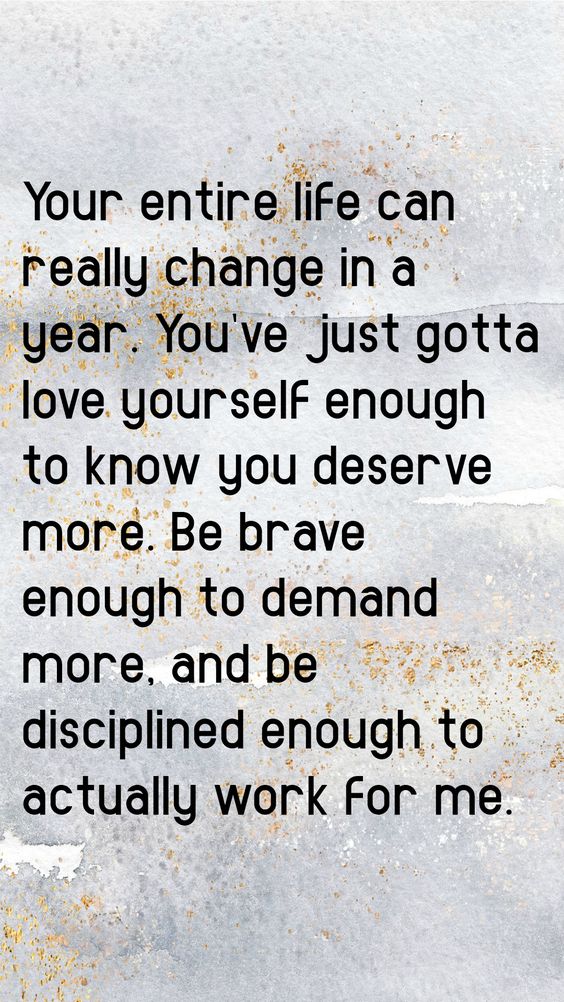“I don’t accept that I am what I am and that ‘that’ is what I am doomed to be. NO. I do not accept that. I’m fighting. I’m always fighting. I’m struggling and I’m scraping and kicking and clawing at those weaknesses—to change them. To stop them. Some days I win. But some days I don’t. But each and every day: I get back up and I move forward. With my fists clenched. Toward the battle. Toward the struggle. And I fight with everything I’ve got: To overcome those weaknesses and those shortfalls and those flaws as I strive to be just a little bit better today than I was yesterday.”
Jocko Willink, Discipline Equals Freedom (Page 17)
“Before you try to increase your willpower, try to decrease the friction in your environment.”
James Clear, Blog
“We see the visible signs of opportunity and success in our own lives but we are grasping at an illusion. What really allows for such dramatic changes are the things that occur inside a person. That slow accumulation of knowledge and skills, the incremental improvements in work habits, and the ability to withstand criticism. Any change in people’s fortunes is merely the visible manifestation of all of that deep preparation over time.”
Robert Greene, The Daily Laws (Page 37)
“A brief guide to compounding: If you don’t enjoy something, you won’t stick with it. If you don’t stick with it, it won’t compound. Being interested precedes the results.”
James Clear, Blog
“The bad days are more important than the good days. If you write or exercise or meditate or cook when you don’t feel like it, then you maintain the habit. And if you maintain the habit, then all you need is time.”
James Clear, Blog
“If you don’t wish to be a hot-head, don’t feed your habit. Try as a first step to remain calm and count the days you haven’t been angry. I used to be angry every day, now every other day, then every third or fourth… if you make it as far as 30 days, thank God! For habit is first weakened and then obliterated. When you can say ‘I didn’t lose my temper today, or the next day, or for three or four months, but kept my cool under provocation,’ you will know you are in better health.”
Epictetus, Discourses, via The Daily Stoic (Page 150)
“Change and loss are deeply connected—there cannot be change without loss.”
Stephen Grosz, The Examined Life (Page xii)
What “Hustle Culture” Is Missing…
Excerpt: Hustle can help you get ahead. But, how good is getting ahead if you can’t stay ahead? Here’s what hustle culture is missing…
Read More »What “Hustle Culture” Is Missing…
